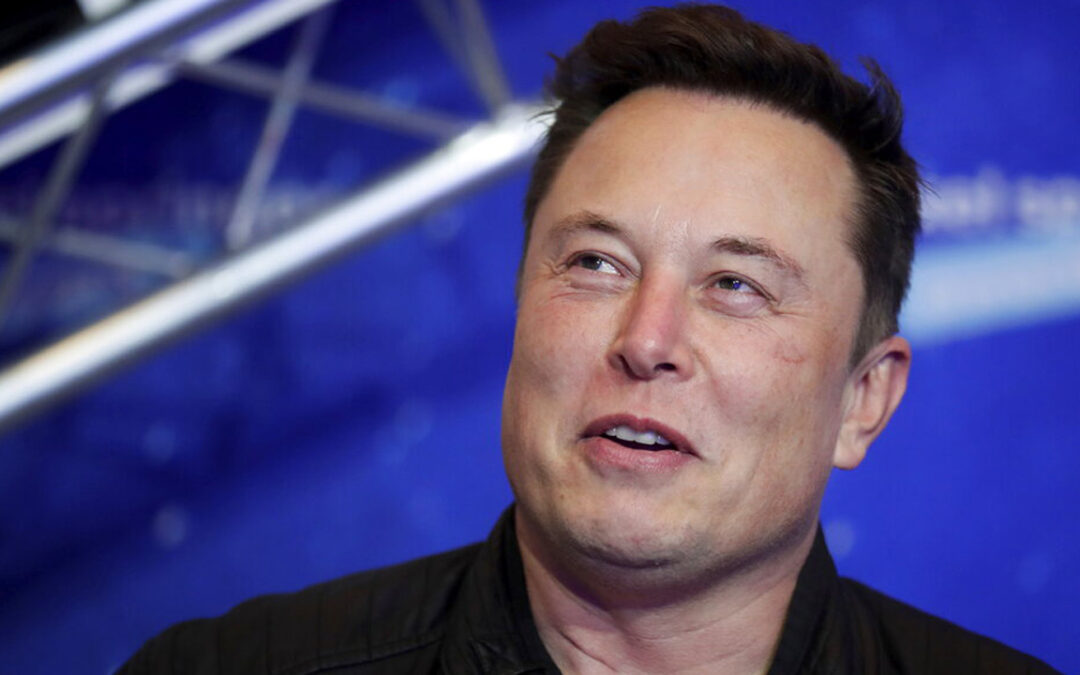The U.S. electric vehicle maker rolled out Full Self-Driving, or FSD, the most autonomous version of its Autopilot software, four years ago but has yet to make it available in China, its second-largest market globally, despite customers urging it to do so
SHANGHAI/BEIJING:
Tesla CEO Elon Musk arrived in Beijing on Sunday on an unannounced visit, where he is expected to meet senior officials to discuss the rollout of Full Self-Driving software and permission to transfer data overseas, according to a person with knowledge of the matter.
Chinese state media reported that he met Premier Li Qiang in Beijing, during which Li told Musk that Tesla’s development in China could be regarded as a successful example of US-China economic and trade cooperation.
The U.S. electric vehicle maker rolled out Full Self-Driving, or FSD, the most autonomous version of its Autopilot software, four years ago but has yet to make it available in China, its second-largest market globally, despite customers urging it to do so.
Musk said this month Tesla may make FSD available to customers in China “very soon”, in response to a query on social media platform X.
Rival Chinese automakers such as Xpeng have been seeking to gain an advantage over Tesla by rolling out similar software.
Musk is looking to obtain approval to transfer data collected in the country abroad to train algorithms for its autonomous driving technologies, the person said.
Tesla has since 2021 stored all data collected by its Chinese fleet in Shanghai as required by Chinese regulators and has not transferred any back to the United States.
Musk’s visit to China, first reported by Reuters, was not flagged publicly and the person spoke on condition of anonymity because they were not authorised to speak with media. Tesla did not respond immediately to a request for comment.
Chinese state broadcaster CCTV, in its report about Musk’s meeting with Li, did not say whether the two had discussed FSD, or data.
Earlier in the day, a separate report carried by state radio said Li had visited the ongoing Beijing auto show and had commented about how China’s smart new energy vehicle (NEV) sector had gained a leading position in the market and that the country had to work hard and maintain its advantages.
Tesla has sold more than 1.7 million cars in China since it entered the market a decade ago and the Shanghai factory is its largest globally.
Musk’s visit coincides with the Beijing auto show, which opened last week and ends on May 4. Tesla does not have a booth at China’s largest auto show and last attended in 2021.
GM CEO Mary Barra made an unannounced visit to the show in the world’s biggest auto market on Friday, according to two people with knowledge of her schedule. GM did not immediately respond to a request for comment.
Also on Friday, Grace Tao, Tesla’s vice president in charge of external relations in China, published a commentary on the social media account of state media outlet People’s Daily, arguing that autonomous driving technologies would be the new growth engine for EV industry.
Tao said in the article that Tesla was leading autonomous driving research and development with its “end-to-end neural network” technology and data collected from millions of cars on the road.
China’s complicated traffic conditions with more pedestrians and cyclists than in many other markets provide more scenarios that are key for training autonomous driving algorithms at a faster pace, according to industry experts.
Musk said last week Tesla would introduce new, cheaper models using its current EV platforms and production lines and would offer a new “robotaxi” with self-driving technology. He said in a post on X this month that he would unveil the robotaxi on Aug. 8.
Tesla shares are down almost a third since the start of the year as concerns have grown about the EV maker’s growth trajectory.
Last week, Tesla reported its first decline in quarterly revenue since 2020 when the COVID-19 pandemic slowed production and deliveries.

